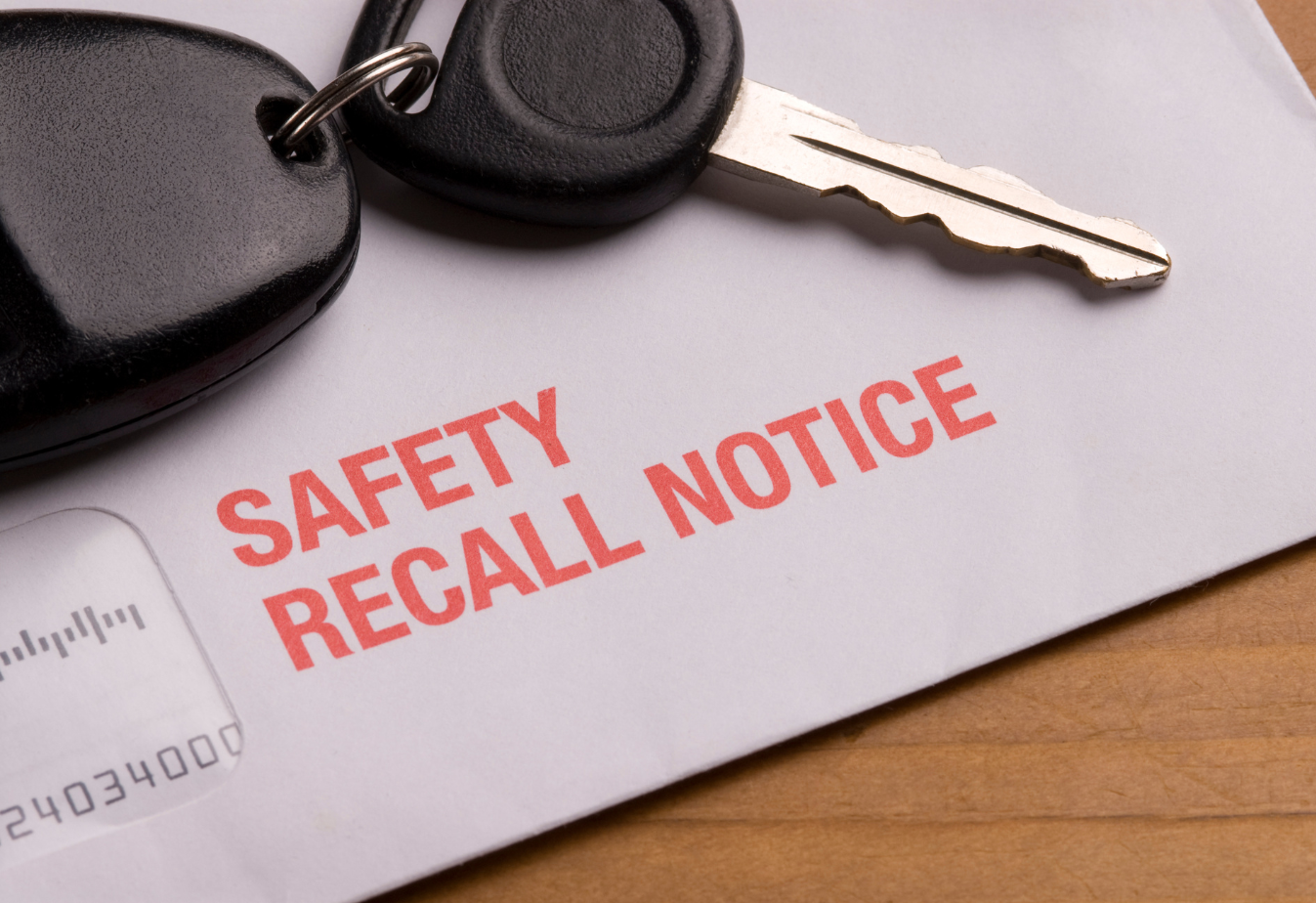Products liability cases are personal injury claims that arise when someone is injured because of a poorly designed or manufactured product. The product may be a medical device, drug, tool, vehicle, piece of machinery, or any other everyday item. A statute of limitation is the time within which a lawsuit has to be filed without it being subject to dismissal for being untimely. A statute of limitation places a limit on how long an injured person has to file a lawsuit. If someone files a lawsuit against a negligent product designer or manufacturer after the applicable statute of limitation, it is very likely their product liability claim will be dismissed. The attorneys of Maginnis Howard have decades of experience helping victims of dangerous products with their product liability cases.
Product Liability Statue of Limitations and Personal Injury
N.C. Gen. Stat. § 1-52 sets the basic statute of limitations in North Carolina for product liability. It provides a 3 year statute of limitation. The statute begins to “run” when the “bodily harm to the claimant . . . becomes apparent or ought reasonably to have become apparent to the claimant.” This latter provision is important. In many cases, a product may be poisoning or otherwise injuring you, even though the harm is not immediately apparent. This is often the case with harmful pharmaceuticals or medical devices. Your actual statute of limitations against the drug manufacturer or device maker would not begin to accrue until you discover the harm or reasonably ought to have discovered the harm. This is the so-called “discovery” rule.
Ten (10) Year Statute of Repose for Dangerous Product Claims
Notably, N.C. Gen. Stat. § 1-52 also provides an outside period of 10 years from the last negligent act of the Defendant causing harm. This is called a “statute of repose” and it limits the discovery rule. You can think of the statute of limitations as the initial limitation on filing a lawsuit. The statute of repose as a second outside time limit that also must be met. Section 1-52 itself reads in part, “no cause of action shall accrue more than 10 years from the last act or omission of the defendant giving rising to the cause of action.” In practice, this means that if you discover a harm more than 10 years after the last act which caused the harm, you do not actually get 3 years to file suit. A Court may dismiss your claim based on the outside 10 year limit set forth in § 1-52.
Importance of Seeking Counsel
If you have suffered a serious injury because of a product, you should seek legal counsel as soon as possible. You may recover significant compensation for your medical bills, lost wages, physical pain, mental suffering, disability and impairment, and disfigurement. If you have lost a loved one because of a dangerous product, it is important to understand North Carolina has a shorter statute of limitations for wrongful death actions.
The North Carolina attorneys of Maginnis Howard handle personal injury cases on a contingency fee basis. You pay no attorneys’ fees until we recover a settlement or verdict. Our personal injury attorneys have decades of experience handling complex cases and go to trial whenever necessary. We have three conveniently located offices in Charlotte, Raleigh, and Fayetteville. You may visit the closest location, and our attorneys can also travel to meet you. Use our contact page to contact an intake specialist and set up a free consultation.






